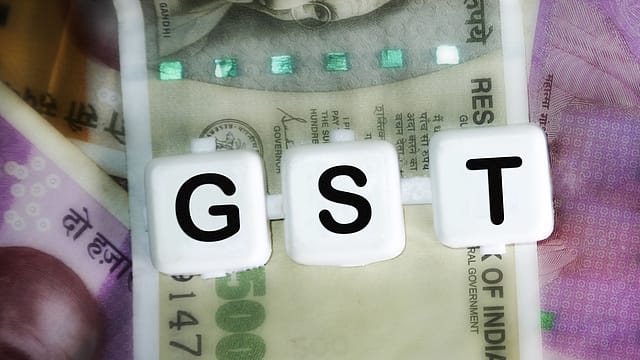Union ministers hail the beginning of ‘GST Bachat Utsav’; call it the beginning of a new era
ADVERTISEMENT

GST rate cuts take effect from today, and Union ministers have taken to social media to highlight how these reforms are expected to boost public welfare.
Union finance minister Nirmala Sitharaman called the GST rate cut as a reform that reinforce the country’s goal of Atmanirbharta (self-reliance), as the country focuses on Swadeshi-first purchasing.
“Marking the commencement of the #NextGenGST as #GSTBachatUtsav PM @narendramodi ji’s address to the nation had several messages. Here are the messages from our PM’s address:
1. GST reform benefits the poor, the middle class, new middle class, yuva, kisan,women, shopkeepers and udhyami
2. Nagrik Devo Bhava is a strong focus
3. India should be #AtmanirbharBharat
4. We should be proud of swadeshi—“Garv se kaho, ye swadeshi hai”
5. Support local manufacturing
6. Emphasises on cooperative federalism
7. Calls on states to become equal partners in growth
8. We should all work to accelerate growth, make it easy for business to function and be attractive for investment
9. Such a big tax reform became possible by taking all states together, since 2017,” Sitharaman shared on her social media handle.
Meanwhile, responding to a post by Rajya Sabha MP Jairam Ramesh, Union commerce minister Piyush Goyal wrote that GST have standardised the previously ‘chaotic indirect tax system’ of the country.
“Before GST, India's indirect tax system was a chaotic web; every state had its own rates, levies, and procedures. Businesses struggled with cascading taxes, endless paperwork, and high compliance costs. In short, doing business in India had become expensive and exhausting. It was PM @NarendraModi ji who understood these challenges and delivered what Congress only talked about - a single national market with common rates and procedures. Since then, GST has created a transparent system that curbed evasion, expanded the tax base, largely formalised the economy, delivered record revenues, empowering states, and boosting investor and business confidence,” he said.
Goyal added that the reforms will create a virtuous cycle of growth.
“Now, the #NextGenGST Reforms mark another leap forward. These reforms are not just about reducing tax rates, but about creating a virtuous cycle of growth. Lower prices will lead to higher demand and household savings, and reduced input costs will make MSMEs more competitive,” he added.
Union home affairs minister Amit Shah said that the GST reforms will increase the disposable income for India’s middle-class, paving the way for higher expenses on essentials and education.
“The Modi government is increasing the income of the middle class by opening plenty of opportunities for them and ensuring that their savings rise constantly through #NextGenGSTReforms. The steep reduction in the GST rates of daily essentials, healthcare products, electronic appliances, and educational items will boost their disposable income and encourage them to save even more,” said Shah in a post on X on Monday.
Union electronics and IT minister Ashwini Vaishnaw have called these reforms as leading the way for Viksit Bharat, calling this the beginning of a new era of the country’s tax reforms.
“Bharat enters a new era of tax reforms! GST Bachat Utsav begins tomorrow on the first day of Navratri — PM @narendramodi Ji’s gift to 140 crore Indians. Next-Gen GST reforms bring a Mahabachat Utsav for every family. It’s a growth booster for MSMEs & entrepreneurs. These reforms will further power ‘Aatmanirbhar Bharat’ & ‘Make in India’,” said Vaishnaw in his late Sunday post.